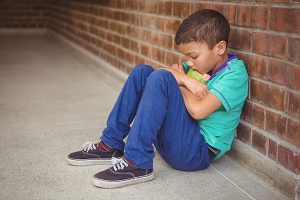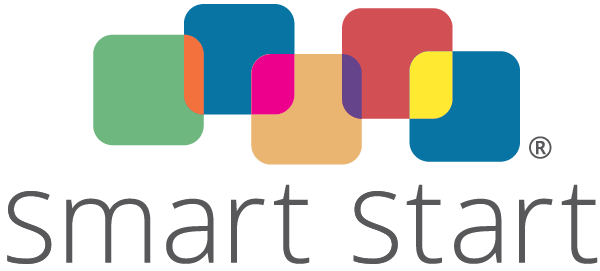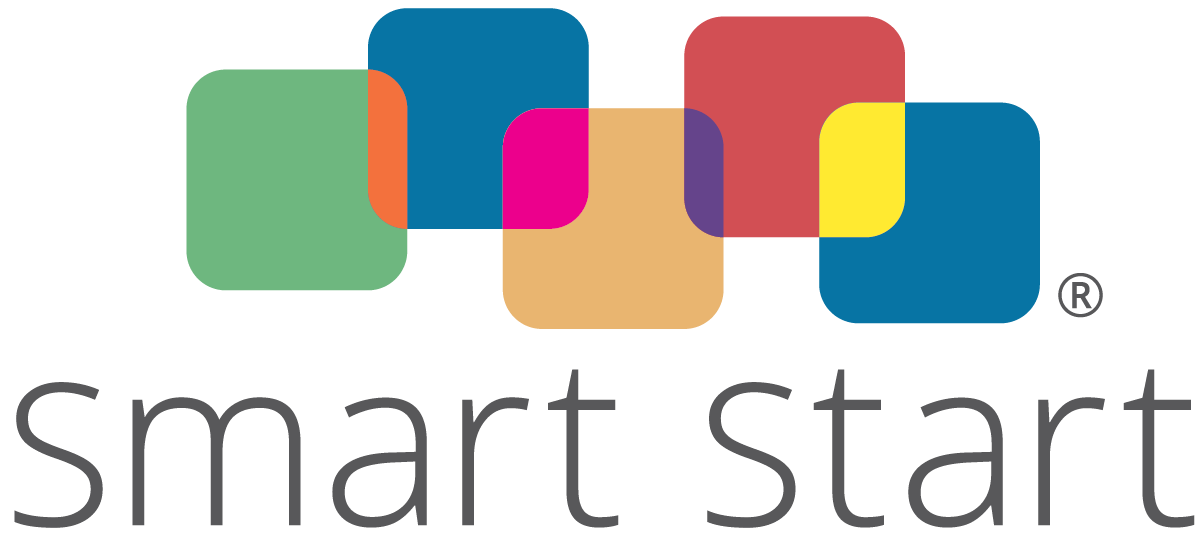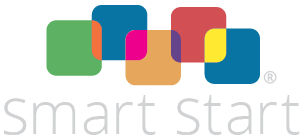Cause for Alarm: Addressing North Carolina Early Childhood Suspension and Expulsion Rates
Post by Ebonyse Mead, MA, MS, CFLE and Kara Lehnhardt, MBA
 “Whoa!? Is this for real?!” That was our reaction when we first encountered the data describing just how many young children in early childhood programs are experiencing suspension or expulsion. But there it was in front of us: In 2016, the United States Department of Education estimated that early childhood programs suspended 2.7 percent of children served—that’s 13 times the suspension rate of K-12 schools. We then learned that expulsion rates in our own state of North Carolina total 10 per 1,000 enrolled children—one of the highest rates in the country (Gilliam, 2005).
“Whoa!? Is this for real?!” That was our reaction when we first encountered the data describing just how many young children in early childhood programs are experiencing suspension or expulsion. But there it was in front of us: In 2016, the United States Department of Education estimated that early childhood programs suspended 2.7 percent of children served—that’s 13 times the suspension rate of K-12 schools. We then learned that expulsion rates in our own state of North Carolina total 10 per 1,000 enrolled children—one of the highest rates in the country (Gilliam, 2005).
We knew that suspension and expulsions are bad news for those children affected. Research has found that severe disciplinary and exclusionary practices in preschool have the potential to set children on a path of negative developmental outcomes down the road—that children who have been expelled or suspended in these early years are more likely to experience myriad challenges later, including school delinquency, poor academic performance, school dropout, and the preschool to prison pipeline (Meek & Gilliam, 2016; Losen & Skiba; 2010; Gregory, Skiba, & Noguera, 2010).
Then came the link to implicit bias. We learned that black boys represent 19 percent of the male preschool enrollment, but represent 45 percent of preschoolers suspended one or more times. Black girls make up 20 percent of preschool female enrollment, but represent 54 percent of female preschoolers suspended one or more times. (United States Department of Education, 2016). While challenging behaviors are often cited as the primary reasons young children are suspended and/or expelled from preschool environments, challenging behaviors alone do not explain the disproportionate rates of preschool children of color—in particular black children—that are pushed out. The numbers suggest that some level of bias may be present in program’s decisions to remove a child.
Our hearts skipped a beat. We were compelled to act.
The answer it seems requires our systems to address two major issues: 1) Early educators need stronger and continuous training and supports to deal with the challenging behaviors they see in the classroom and 2) We need to address implicit bias and equity in early childhood programs head on.
In 2016, Kara began exploring professional development opportunities around addressing children’s challenging behaviors and seeking opportunities for teachers to reflect on their own teaching practices, values, and biases. As a result, the North Carolina Partnership for Children adopted a 10-hour online course from Exchange on the topic which is now hosted fabrikONE™. In the Turnkey Addressing Challenging Behaviors: Promoting Social and Emotional Health in Young Children course, those enrolled take a deep dive into their own role in supporting children’s social emotional development and positive ways to address challenging behaviors in the classroom.
In 2016, Ebonyse was invited to be part of a Division of Child Development and Early Education committee working to craft a statewide policy on early childhood suspension and expulsion. This small group of early childhood stakeholders in North Carolina began the work to develop the policy statement that would provide guidance and support to early childhood programs to prevent and severely limit expulsion and suspension practices in early childhood settings.
Further, Ebonyse, appalled by the disproportionate rate of suspension and expulsions of black children, was compelled to better understand teacher preparation in educating culturally diverse children. She selected to focus her own doctoral research around the topic.
Together we have begun exploring other work around the Smart Start Network addressing challenging behaviors and bias in the classroom. We’ll highlight a few examples:
- There is growing awareness. Early educators, technical assistance providers, and Smart Start Local Partnership staff around the state have attended presentations on the topic at the Smart Start Conference and CCR&R Institute. See 2018 Smart Start session on the topic.
- More than 120 early childhood educators have participated in the Exchange Turnkey: Addressing Challenging Behaviors: Promoting Social and Emotional Health in Young Children online course on fabrikONE™.
- North Carolina’s Cultural Competency Breakthrough Series Collaborative was developed as part of the Race to the Top Early Learning Challenge to improve the cultural competence of the early childhood workforce and develop and strengthen culturally responsive teaching practices, culturally inclusive program policies, and respectful, strength-based engagement with families.
- Mecklenburg Smart Start Local Partnership has implemented the Polliwog Project. Polliwog provides comprehensive child-focused behavior intervention strategies to support the teacher, parent, and the child in developing healthy social –emotional behaviors. This project is unique in that it highlights the critical relationship between families, children, and their teacher in understanding child development through the context of their families, communities, and culture. This triad approach has been successful in reducing suspensions and expulsions in early childhood programs in Mecklenburg county.
- Understanding that systems-level leadership around this topic starts by exploring bias at a personal and organizational level, NCPC has adopted a staff development model that includes workshops and regular reflective activities centered around understanding and combating implicit bias.
We know there is more work happening around North Carolina and encourage you to share your story below.
As a state we have a start. But the data suggest there is much more to do. Let’s get to work!
SHARE YOUR STORY BELOW. How are you reducing suspension and expulsion rates? What programs have you implemented to support teachers around addressing challenging behaviors? In what ways are you addressing implicit bias? What gaps or opportunities have you identified?
About the Authors:
Ebonyse Mead is the Family Support Program Officer at the North Carolina Partnership for Children, Inc. She has over 16 years of experience working as a practitioner at the community level with families and young children ages birth to five. Ebonyse holds a Master’s degree in Human Service Counseling, a graduate certificate in Infant Toddler Mental Health, a Master’s of Science in Family Studies, and is currently a doctoral candidate in the Early Childhood Program at Concordia University Chicago. There, she is researching the underpinnings of bias in early childhood programs and surveying the anti-bias curriculum in teacher preparation programs around the country.
Kara Lehnhardt is the E-Learning Initiatives Manager at the North Carolina Partnership for Children, Inc. She holds true to the mantra that “learning is both lifelong and everyday” and has been helping individuals and organizations cultivate their strengths and do their best work for 16 years. She holds a BA in organizational communication, an MBA, and has been recognized as an Exchange Emerging Leader.
Together the authors have written an article for Exchange Magazine on this topic which they anticipate will be published later this year.


